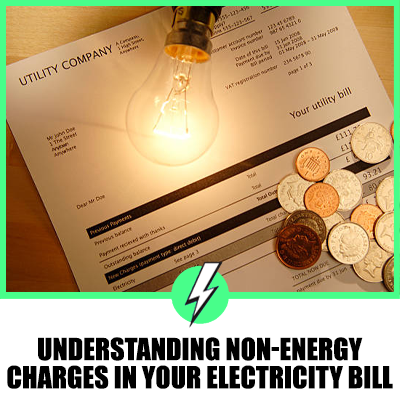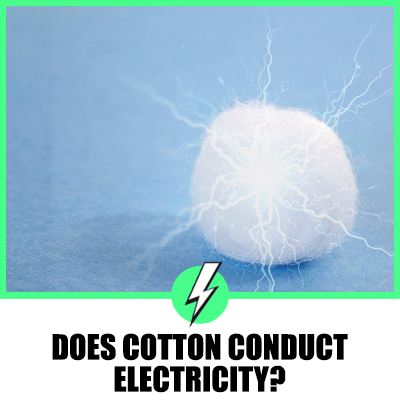Understanding Non-Energy Charges in Your Electricity Bill: A Comprehensive Guide
When you receive your electricity bill, you might notice that it’s not just about how much energy you’ve used.
There are other charges, known as non-energy charges, that make up a significant portion of your bill.
These charges can be confusing, but understanding them can help you better manage your energy costs.

Contents
What are Non-Energy Charges?
Non-energy charges are fees that are not directly related to your energy consumption.
These charges can include transmission and distribution charges, fuel surcharges, and other miscellaneous fees.
Transmission and distribution charges are imposed to cover the cost of constructing and maintaining the infrastructure needed to deliver electricity from the power plants to consumers.
Fuel surcharges cover the cost of fuel used to generate electricity.
Other miscellaneous fees can include taxes, regulatory charges, and consumer service charges.
These charges are part of the fixed costs of providing electricity service, and they are necessary to ensure that the electricity grid remains reliable and available whenever you need power.
They are a significant part of your bill and can sometimes even exceed the cost of the actual energy you consume.
Non-Energy Charges in Haryana’s Electricity Bill
In Haryana, India, non-energy charges included in the electricity bill are similar to those in other regions.
They include transmission and distribution charges, fuel surcharges, and other miscellaneous fees.
These charges are determined by the Haryana Electricity Regulatory Commission (HERC).
The fuel surcharge rate is determined by the Central Electricity Regulatory Commission (CERC).
These charges can vary from year to year and are subject to change based on factors such as changes in fuel prices, infrastructure investments, and regulatory decisions.
It’s important for consumers in Haryana to understand these charges and how they affect their total electricity bill.
Average Electric Bill in Missouri
In Missouri, USA, the average monthly residential electricity bill is $103, which is less than the national average of $111.
This includes both energy and non-energy charges.
The exact amount can vary depending on the time of year, with bills typically higher in the summer and winter months when energy usage is higher.
Missouri residents can manage their electricity costs by understanding the different components of their bill and taking steps to reduce their energy consumption.
This can include using energy-efficient appliances, adjusting thermostat settings, and taking advantage of off-peak rates if available.
How to Calculate Your Electricity Bill
Your electricity bill is calculated based on the number of kilowatt-hours (kWh) you use, as measured by your electric meter.
When you pay for a kWh of electricity, you are buying 1,000 watts of electricity used continuously for one hour.
For example, one kWh is the amount of electricity a 100-watt light bulb will use in ten hours.
Your bill will also include non-energy charges, such as those for transmission and distribution, fuel surcharges, and other fees.
To calculate your electricity bill, you can multiply the number of kWh you used in a month by the rate per kWh.
Then, add the non-energy charges to get the total amount of your bill.
Keep in mind that rates and charges can vary depending on your location and your electricity provider.
Minimum Base Bill Charge for FPL
Florida Power & Light (FPL), a major utility company in the US, has a minimum base bill charge.
This is the amount you pay regardless of how much energy you use.
It covers the costs of providing service to your home or business, including meter reading, billing, and maintaining the electric system infrastructure.
The minimum base bill charge ensures that FPL can cover its fixed costs, even if a customer uses very little energy.
It’s an important part of the company’s rate structure and is common among many utility companies.
Conclusion
Understanding your electricity bill, including non-energy charges, can help you manage your energy costs more effectively.
Whether you’re in Haryana, Missouri, or anywhere else in the world, it’s important to understand these charges and how they contribute to your total bill.
By doing so, you can make more informed decisions about your energy usage and potentially find ways to reduce your costs.
Insights from Online Discussions
Online discussions on this topic reveal a wide range of perspectives and interpretations.
Some emphasize the importance of understanding non-energy charges and how they contribute to the total electricity bill.
Others provide tips and strategies for reducing energy consumption and managing electricity costs.
The consensus, however, is clear: understanding your electricity bill, including non-energy charges, is crucial for managing your energy costs effectively.





